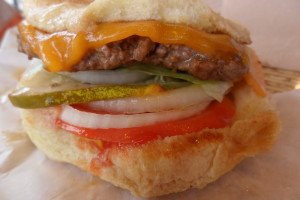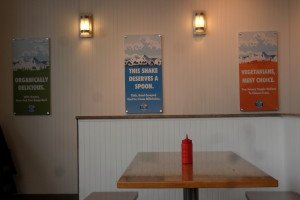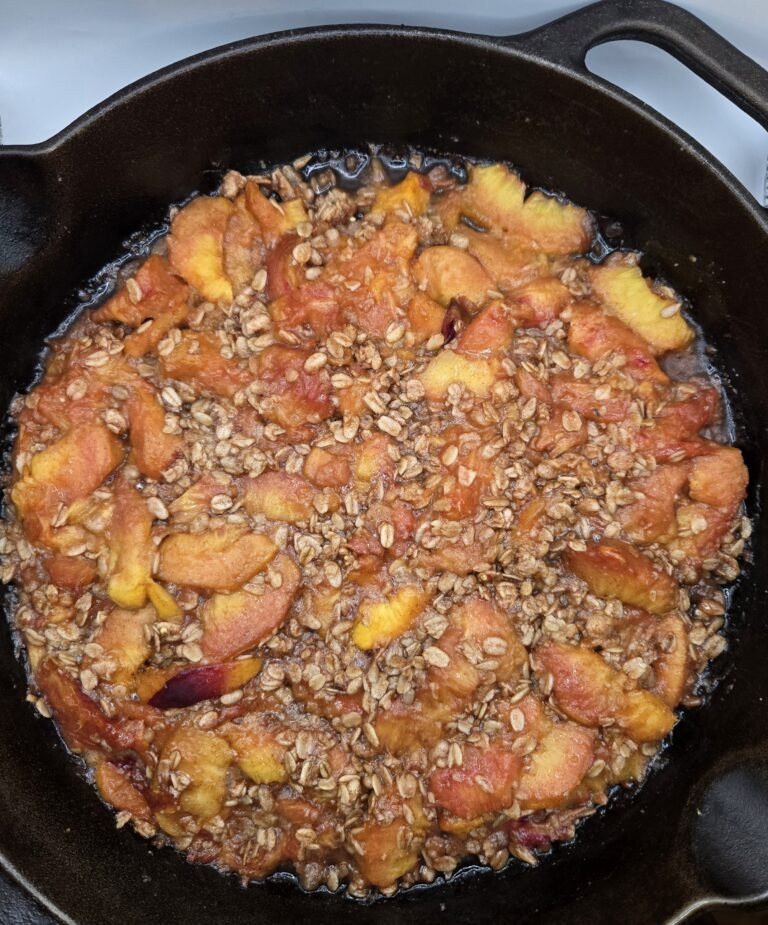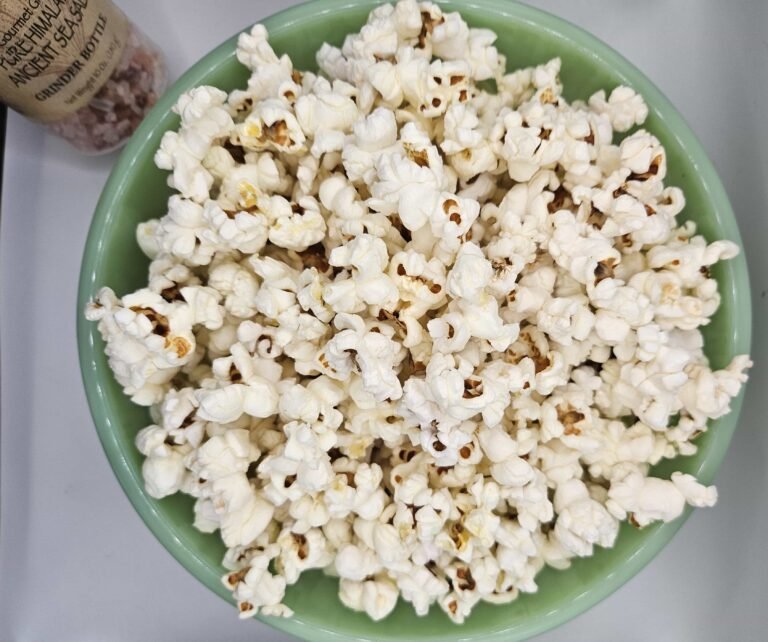
Once in a great while you’re on a road trip or rushing around town feeling starved and tempted to get fast food. Hopefully you have a decent option for a fast and inexpensive meal. Even though it’s not detrimental to eat one Whopper or Big Mac, if you’ve been eating real, your body isn’t used to digesting it. We were on a road trip and running late for meeting my family at a boat show one time and I decided it would be OK to go through a drive-thru and make a healthy choice at a McDonald’s. I ordered a salad with chicken and ate it in the car. By the time I got to the boat show I was sick and missed most of it.
We’re starting to see fast food restaurants, like Chipotle, offering local or organic choices, which you know is particularly important for your meats. Sixteen months after the Oprah interview where her and her guest were sued for discussing mad cow disease, for example saying that sick cows are ground up and fed back to other cows, the FDA formally banned the practice of feeding cow meat and bone meal back to cows. In 2008 the ban was updated to prohibit feeding high risk cow meal to any animals; it’s called cattle material prohibited in animal feed (CMPAF).[1] But the practice of feeding pigs and chickens the bones, brains, meat scraps, feathers, and feces of their own species remains legal and widespread in the United States.[2] When you eat out, it’s just as important to know the source of the ingredients as when you eat at home.
Finally we’re starting to see what 21st century fast food looks like. For example on the east coast, some Midwestern states and Texas, there is Elevation Burger. They serve 100% organic, grass-fed, free-range beef burgers ground onsite. Their veggie burgers are made from organic grains and veggies; the buns are vegan.

Besides salads and oranges for sides, they have fries that they cut in-house and cook in olive oil when they’re ordered. Usually olive oil is not used for deep frying because of its lower flash point (not for high-heat cooking) but Elevation Burger has a two-step patented process for healthfully cooking fries in olive oil. They use sustainable practices in their business such as recycling all of their waste including the olive oil.
On the west coast, there are over 40 Burgerville restaurants in Washington and Oregon. Burgerville gets it meat and produce from local, sustainable, and family farms. They have a larger menu that includes things like clam chowder, tomato ancho (chilies) soup, halibut, turkey club, and salads. They change their menu to make it seasonal. For example, they are currently featuring Oregon hazelnut milkshakes.
The prices at these restaurants are comparable to the fast food most Americans are used to buying. Burgers run between $1.55 and $6 depending on the size. If you know of similar places in your neck of the woods, please share.
[1] “Feed Ban Enhancement: Implementation Questions and Answers,” FDA, 1/23/15. www.fda.gov/AnimalVeterinary/GuidanceComplianceEnforcement/ComplianceEnforcement/BovineSpongiformEncephalopathy/ucm114453.htm
[2] “The Food Revolution: How Your Diet can Help Save Your Life and Our World,” by John Robbins, Conari Press, 2001.




